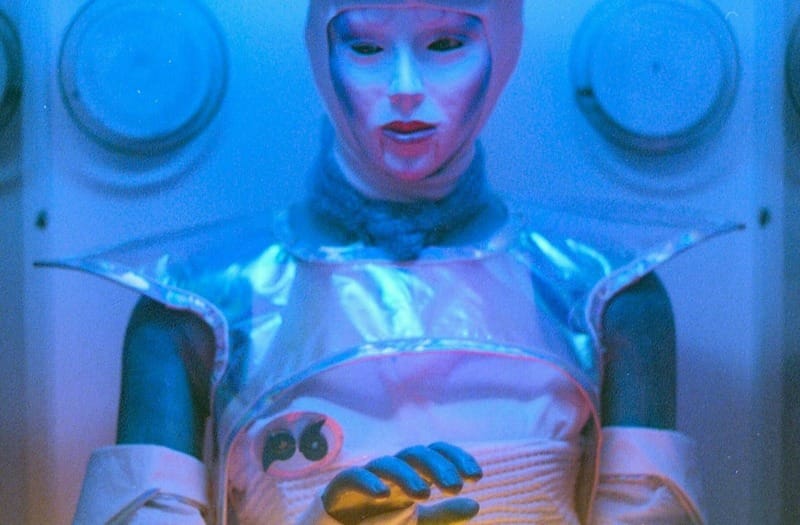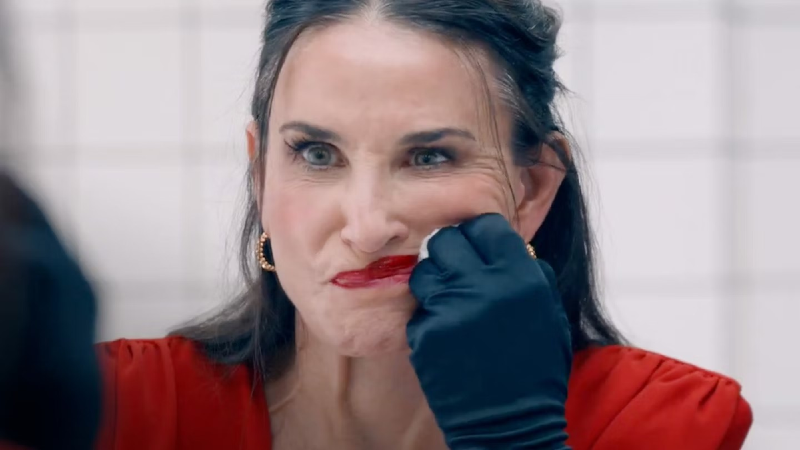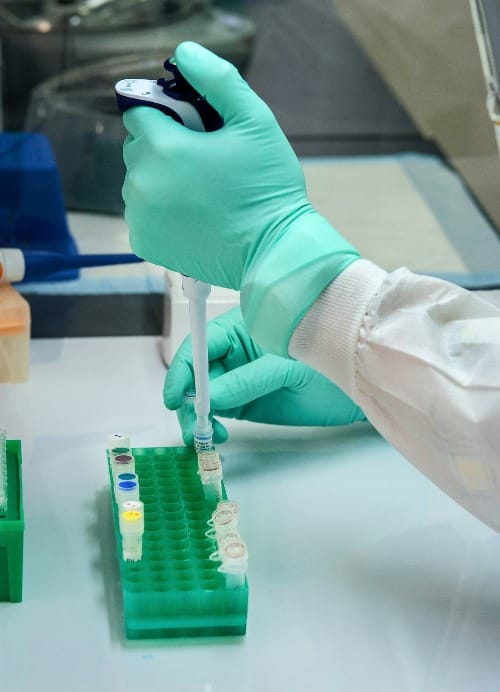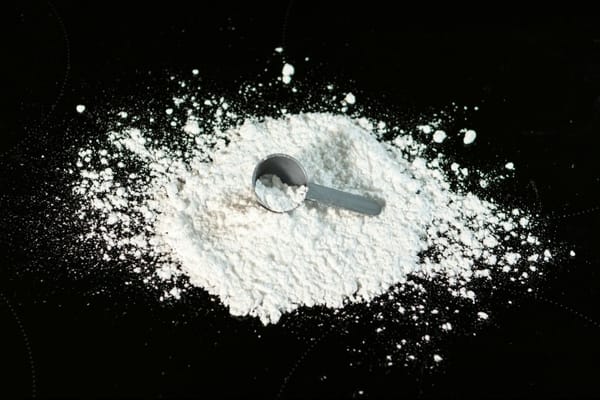Coralie Fargeat's upcoming film "The Substance," set to release on September 20, 2024, presents a chilling vision that blurs the line between speculative fiction and potential future reality. The movie's premise - a fading celebrity using a cell-replicating drug to create a younger version of herself - raises profound questions about the direction our society might be heading.
Ultimately, "The Substance" seems to occupy a space between cautionary tale and speculative fiction.
While the concept of a youth-restoring substance might seem like pure science fiction, it's worth considering how close we are to such a reality. In our current world, where anti-aging treatments and cosmetic procedures are becoming increasingly advanced and normalized, "The Substance" could be seen as an extreme extrapolation of existing trends.
The film's exploration of Hollywood's obsession with youth and beauty isn't just a critique of present-day issues; it potentially foreshadows a future where the pressure to maintain a youthful appearance reaches new, dangerous heights. The black market drug at the center of the plot might be fictional, but it reflects very real desires and societal pressures.
Moreover, the movie's premise touches on ethical questions that are already being debated in scientific circles. As genetic engineering and biotechnology continue to advance, the idea of manipulating human cells to reverse aging is no longer confined to the realm of science fiction. "The Substance" takes these concepts to their logical, if extreme, conclusion.

However, it's crucial to note that while the film may draw inspiration from current trends and scientific possibilities, its portrayal of instant, dramatic rejuvenation remains firmly in the realm of fiction - at least for now. The grotesque body horror elements described in early reviews serve as a stark reminder of the potential consequences of pursuing youth at any cost, rather than a realistic depiction of near-future technology.
Ultimately, "The Substance" seems to occupy a space between cautionary tale and speculative fiction. It exaggerates current societal issues and scientific possibilities to create a thought-provoking narrative. While we may not see cell-replicating youth serums anytime soon, the film's themes of identity, self-image, and the commodification of youth are very much rooted in our present reality.
As viewers watch Demi Moore's character grapple with the consequences of her choices, they might find themselves questioning how far our own society is willing to go in the pursuit of eternal youth. In this sense, "The Substance" may be less about predicting a specific future technology and more about holding up a mirror to our current obsessions and insecurities.
Whether "The Substance" turns out to be prophetic or purely fictional, it seems poised to spark important conversations about aging, beauty standards, and the ethical implications of anti-aging technologies. As we edge closer to its release, audiences will have the opportunity to judge for themselves whether this disturbing vision feels like a distant fantasy or an uncomfortably plausible future.















Member discussion